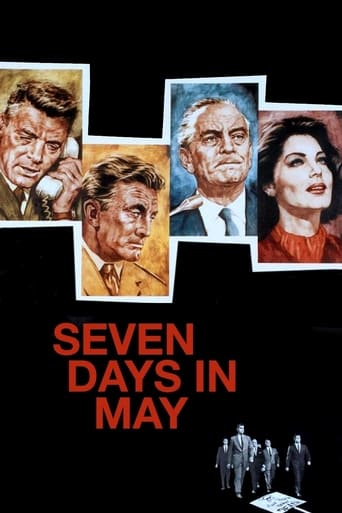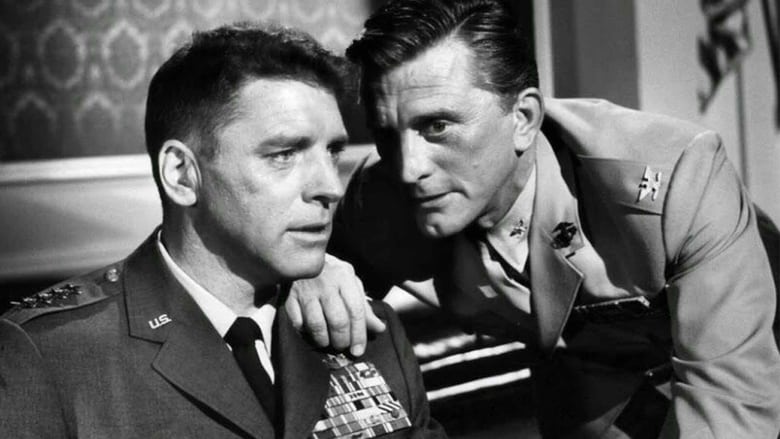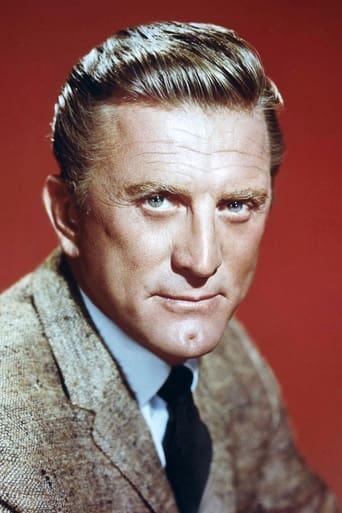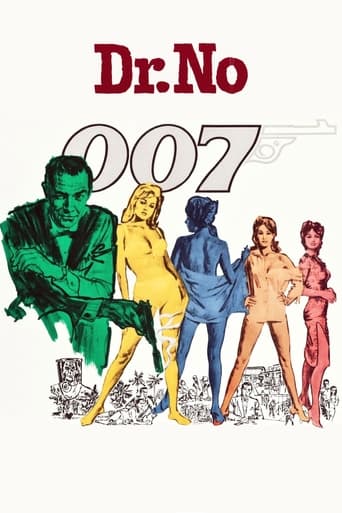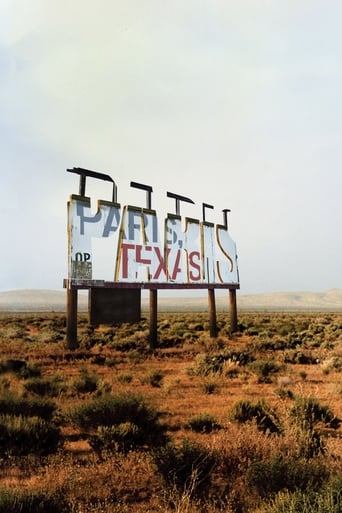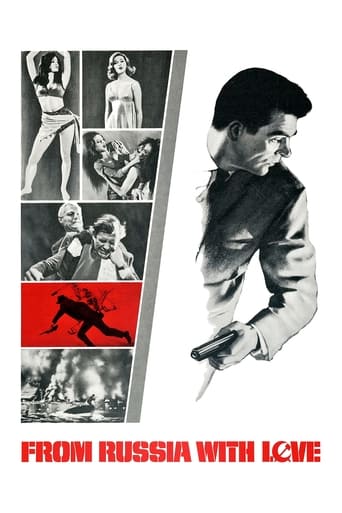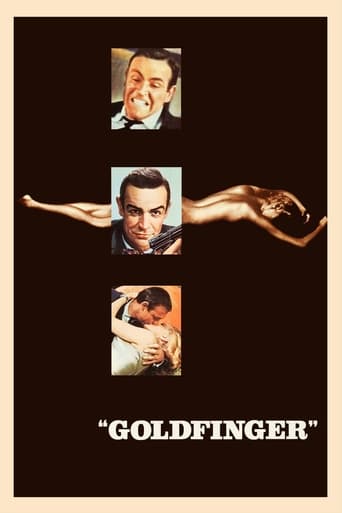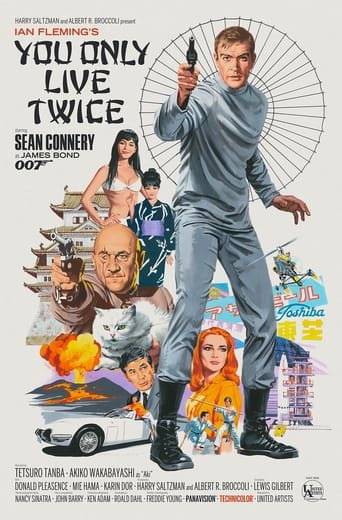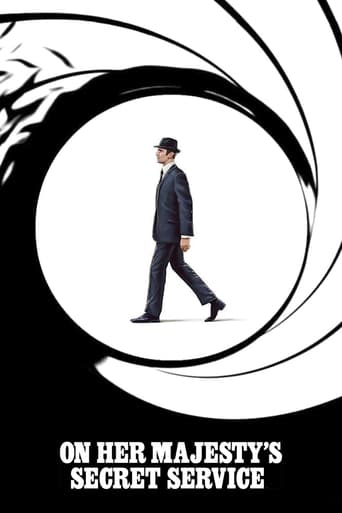Seven Days in May (1964)
A U.S. Army colonel alerts the president of a planned military coup against him.
Watch Trailer
Cast


Similar titles
Reviews
In 1962, director John Frankenheimer turned Richard Condon's novel The Manchurian Candidate into a classic. Frankenheimer wasn't with the American political scene, however. Released within eighteen months of his earlier film, Seven Days In May was another adaptation of a bestselling novel of political intrigues. The enemy this time was the Communists but an enemy far closer to home.The premise of the film (and the 1962 source novel by Fletcher Knebel and Charles W. Bailey II) is simple enough. Set in the then near-future with the Cold War ongoing, President Jordan Lyman (Fredric March) has signed a nuclear disarmament treaty with the Soviet Union that has won Senate approval. Despite being on the brink of peace, Lyman has found himself unpopular with many including Chairman of the Joint Chiefs of Staff James Mattoon Scott (Burt Lancaster). Scott, charismatic and outspoken, is an admired figure by some including his aide Colonel Casey (Kirk Douglas). When Casey uncovers evidence of something nefarious underlining a planned military alert exercise, the fate of the American Republic rests with a handful of people including a Presidential aide (Martin Balsam), a heavy drinking Georgian Senator (Edmond O'Brien ), and a Washington socialite with a link to Scott and Casey (Ava Gardner).As that description might imply, this isn't a wham-bam sort of thriller heavy on action sequences. Instead, armed with a script written by the legendary Rod Serling, this is the kind of thriller driven by characters, dialogue, and plot twists. That isn't to call the film slow-moving or plodding by any means because it isn't. Serling's adaptation of the novel is one of those rare cases of a screen version being better than its source, trimming away the fat and streamlining its plot which makes the most use of the titular days and the ticking clock they present. Making it all the more effective is Serling's ear for dialogue with every conversation being crisp and pushing things forward. The film is full of great Serling dialogue from the confrontation between Lyman and Scott in the Oval Office to the final conversation between the General and his long-time aide, scenes well played by the cast. The result is a masterclass from Serling in thriller writing without resulting to action set pieces.Serling's script also has the benefit of being superbly brought to life, especially with its cast. Douglas and Lancaster play off of each other nicely of course as the Colonel and the General, the trusted aide and the man who thinks himself the savior of America. Neither plays their roles over the top but pitch them just right throughout, especially in confrontations such as the climactic scene with Lancaster in the Oval Office. March's President Lyman is every bit their equal, a principled man looking for peace and trying to stave off a military coup. Balsam gives as solid a performance as any in his career as aide Paul Girard while Edmond O'Brien steals scenes and provides comic relief as Senator Clark and Ava Garner gets a chance to shine in her brief appearances. The film is very much an ensemble piece though despite the big names of the era involved and together they bring the words off the page nicely.The cast isn't alone in bringing the film to life, of course. The world of the film displays Frankenheimer's same flair for visuals he showed in Manchurian Candidate from the protest turned riot outside the White House that opens to the film to giving the audience the chance to see events unfolding both in front of them and on TV at the same time. His penchant for mixing filming on location with detailed sets is also apparent with convincing 1960s versions of the White House and Pentagon alongside actual DC locations and beyond. Underlined by a sparse but effective score from Jerry Goldsmith including a memorable opening title sequence. The results are apparent in the effectiveness of the film.While perhaps overlooked at times thanks to The Manchurian Candidate, Seven Days In May is no less of a thriller. From Serling's script to a strong cast and Frankenheimer's direction, it is a taut thriller indeed. It's also a masterclass in doing so without resorting to car chases, explosions, and the like. It also remains, despite its Cold War setting, an ever-timely reminder of the fragility of American democracy and the need to guard against not just enemies without but also the forces of demagoguery within.
I'd have rated this a 9 in terms of actual film craftsmanship (as in the days of the circumspect classic Olympics long gone I never give 10s) but the work's utterly arrogant left-wing self-righteous misrepresentation of military preparedness utterly oblivious to history made a 9 impossible. This film shows why many (though not enough) Americans are thoughtful independents eschewing the gross, arrogant hypocrisy of both left-wing and right-wing bigotry, each fingering the other in delusions of godhood without honestly confessing its own sins; 1 John 1:7-10. While it's obvious from history, especially America's great Founders' provision of the Second Amendment and our armed forces, that lethal force was necessary, as the Bible also says in Romans 13 "for he [=the ruler] is a minister of God to you for good. But if you do that which is evil, be afraid; for he bears not the sword in vain: for he is a minister of God, an avenger for wrath to him that does evil," that nevertheless does not prevent God from ordaining their overthrow (e.g. the American Revolution) when they overstep his appointed bounds. The only hope left-wing and right-wing have (an eagle needing both wings to fly) is the fear of God that alone can sustain their understanding of their need one for the other (1 Corinthians 12). Modern godless secularism, even in the days of the making of this unreal fantasy of a film, is wholly insufficient for the task, something America's Founders understood in their stern, God-fearing warning of the certain fatality for the nation of such an abomination, as it's proved to be, the opening riot of the film being a far more accurate picture of what would have been than the actual ending.
Legendary political thriller is one of the many momentous teamings of iconic actors Burt Lancaster and Kirk Douglas, as well as a typically solid union of Burt and filmmaker John Frankenheimer. Kirk plays a Marine colonel named "Jiggs" Casey, working under James Mattoon Scott (Lancaster), the Chairman of the Joint Chiefs of Staff. He discovers that there seems to be a military plot underway to overthrow the government. You see, both the military and public are furious with the pacifistic President (Fredric March), who wants to arrange a nuclear disarmament deal with the Soviets.The great Rod Serling of 'The Twilight Zone' fame scripted from the book by Fletcher Knebel & Charles W. Bailey II. While this film is very intelligent and believable, and more than a little unnerving, it might not appeal to everybody, since it is much more dependent on dialogue and performance rather than action. Still, it's fascinating at times, with a premise that's not exactly that hard to buy into. Frankenheimer directs with a cut-to-the-chase, no frills style; the film may have a lot of talk, but it's got no filler, and derives a fair amount of tension (the title is taken from the amount of time planned for staging this coup) from the clock ticking away while our protagonists try to foil the plot. A romantic angle is played up slightly as Jiggs realizes that he can possibly use the Generals' former relationship with Eleanor (Ava Gardner) against him.The mostly male cast is uniformly excellent. Whether or not you condone the Generals' actions, you do understand him, and you do respect him for having the courage of his convictions. March is the standout as the President, and he and Lancaster have a marvelous showdown towards the end. Edmond O'Brien, Martin Balsam, Andrew Duggan, Hugh Marlowe, Whit Bissell, George Macready, Richard Anderson, and Bart Burns comprise a wonderful bunch of actors. Keep an eye out for an unbilled John Houseman, making his big screen acting debut in a small but important role.First rate filmmaking in every way, punctuated by a tense Jerry Goldsmith score.10 out of 10.
"The crimes of the United States have been systematic, constant, vicious, remorseless, but very few people have actually talked about them. You have to hand it to America. It has exercised a clinical manipulation of power worldwide whilst masquerading as a force for universal good. It's a brilliant, even witty, highly successful act of hypnosis." - Harold Pinter "Why has there never been a coup in Washington D.C.? Because there is no U.S. Embassy in Washington D.C." - Ira Kurzban Directed by John Frankenheimer, "Seven Days in May" stars Frederic March as Jordan Lyman, the President of the United States. Lyman has signed a disarmament treaty with the Soviet Union. Despite this treaty being widely unpopular, Lyman stands by his decision. "Eventually we would have blown each other up," he argues.Opposing Lyman is the demagogic General James Scott (Burt Lancaster). Convinced that the President's policies will endanger Americans, Scott hatches an elaborate plan: in conjunction with sympathetic Armed Forces personnel, he will depose the President. Scott's aide, Colonel Jiggs Case (Kirk Douglas), views Scott's actions as both unconstitutional and contrary to their military oaths. He assists Lyman in countering Scott's coup.John Frankenheimer could do little wrong in the 1950s and 60s. Like most of his work from this period, "Seven Days in May" (1964) is thus marvellously directed, boasting fine black and white cinematography and a script by Rod Serling which is a cut above most "political thrillers" of the era. Elsewhere Frankenheimer utilises guerrilla techniques, stealing shots of aircraft carriers, bluffing his way into government buildings, and indulging in his love for bravura camera-work. Whilst his film does eventually degenerate into sanctimonious preaching, it consistently delivers remarkable moments. One eight minute sequence, in which Case reveals news of the coup to Lyman, is particularly tense.Politically, "Seven Days in May" is mostly hokey. The real danger, according to Frankenheimer, is from the American Right. Red Scaremongers, the forces of Mccarthyism, the Military Industrial Complex and manic "patriots" are those who endanger Americans most. Presidents, meanwhile, are voices of reason, progress and levelheaded geopolitical manoeuvring. In reality, of course, Western warmongers and politicians are largely in mad lockstep. The film's premise - "can it happen?" (based on the 1933 Business Plot) - is thus largely irrelevant; "it's" always happening."Seven Days in May" reverses history in other ways: after Stalin's death, the US repeatedly scuttled Soviet disarmament proposals. Its own proposals – most notably the Baruch Plan – were meanwhile designed to maintain US superiority. Frankenheimer's last act then becomes a polemical attack on the "evils of coups" and the "dishonorable ways in which coups subvert the democratic process", a quasi-religious process which "America proudly stands for". The irony, of course, is that no nation has been behind more anti-democratic coups than the United States (currently still cooking up yet more coups in the Ukraine, Venezuela, Honduras, Ecuador, Syria, Libya, Somalia, Gambia, Congo, Ethiopia etc). Upward of 80 percent of the nations on the planet have been repeatedly couped by "democracy loving US Presidents", these countries ranging from first world nations (Greece, Italy, Australia etc) to most third world nations across Latin America, Africa, the Middle East and Asia. All these coups have seen the US coup-machine actively siding with or putting into power reactionary forces, dictators, fascists or terrorist groups, and all have led to severe repression, disappearances, extra-judicial executions, massacres, armed conflict, torture, corruption, extreme poverty, inequality, the "restructuring of national resources", the "restructuring of labour laws" and the retarding of democratic aspirations. America's obsession with asserting both "hard" and "soft" power has led to the creation of an entire industry engaged in the business of regime change. Such "private" companies and consultants are hired to carry out Washington's wishes on the world stage, creating front organizations, carrying out covert actions, and acting as a conduit for US government propaganda worldwide. The point? Frankenheimer's film may be interesting, but it's also a kind of historical inversion.7.9/10 – Worth one viewing.

